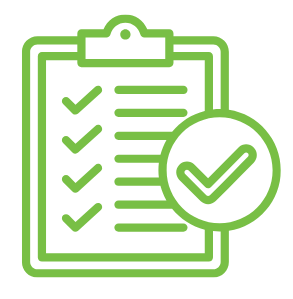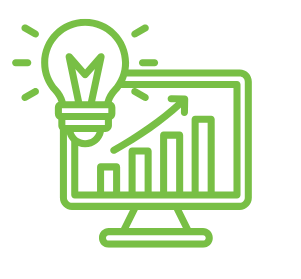The European Green Deal is the EU’s flagship plan to become climate-neutral by 2050. It includes measures that affect trade, agriculture, food safety, energy use, packaging, and supply chains — all of which impact how Nigerian agribusinesses export to Europe.
What Is the EU Green Deal?
CORE ELEMENTS
Core elements of the EU Green Deal and how it affects agribusiness:
Why It Matters for Nigerian Agribusiness
For exporters and investors targeting the EU, aligning with the Green Deal isn’t optional — it’s strategic. Buyers, certification bodies, and regulators now require proof that your operations meet environmental and ethical standards.
What You’ll Need to Comply With:
Note: Requirements may vary by product, country of destination, and buyer.
How EUNAP Supports Green Compliance
As EU regulations shift toward greener trade, aligning with sustainability standards is no longer optional. EUNAP offers targeted tools and expert support to help Nigerian agribusinesses meet these requirements and remain competitive in the European market.
Have a Question?, Kindly reach out to our Advisory Centre. Advisory Centre





